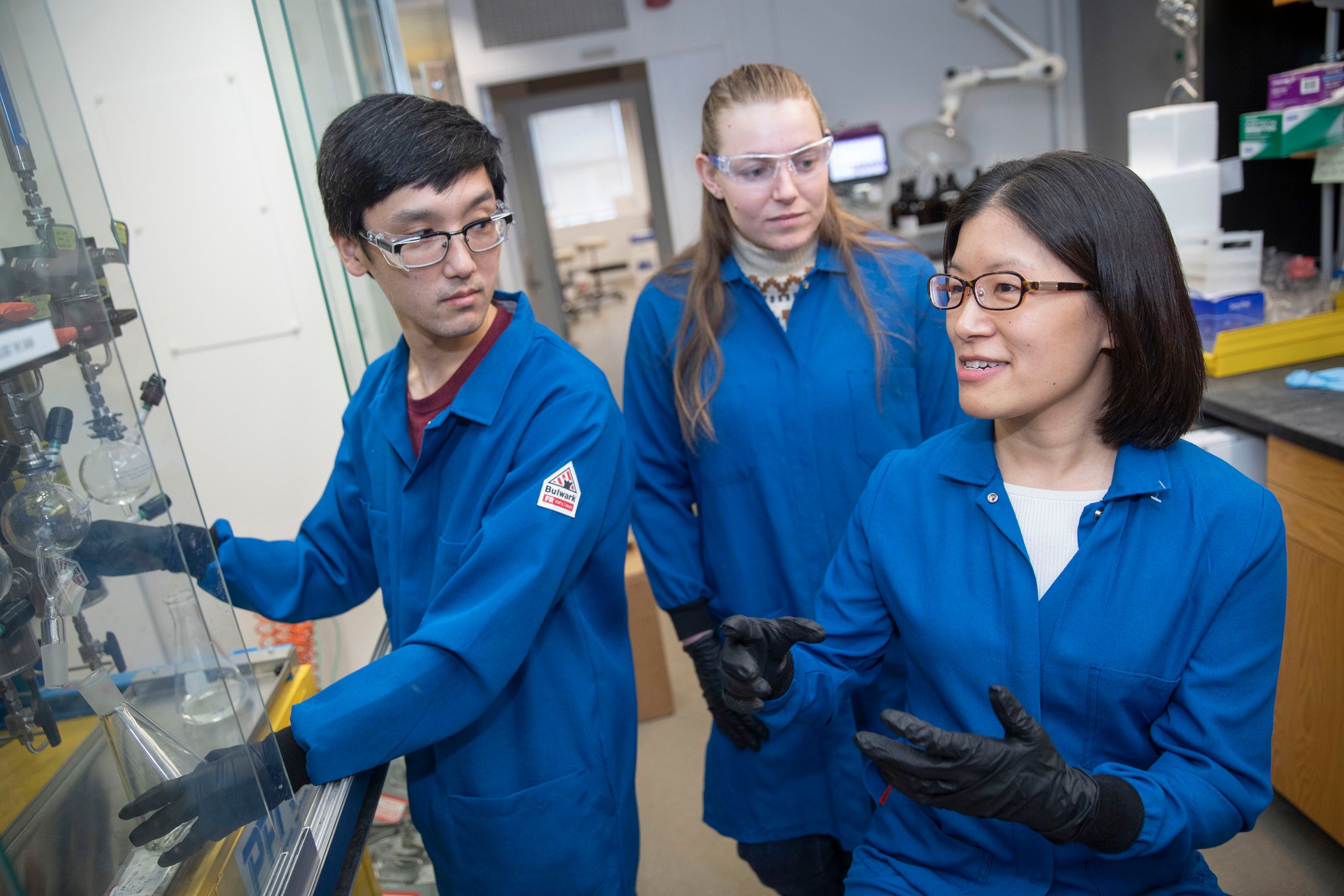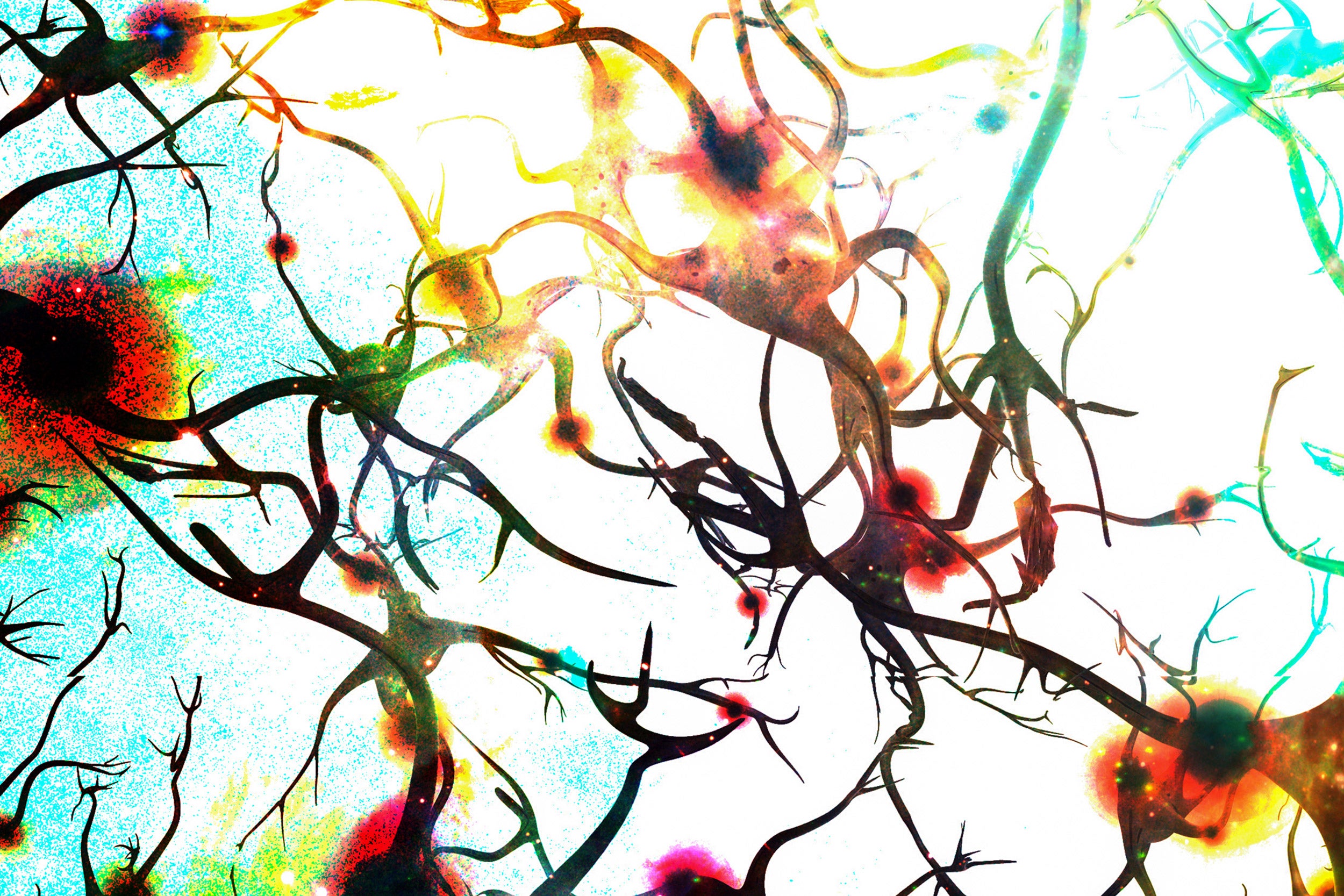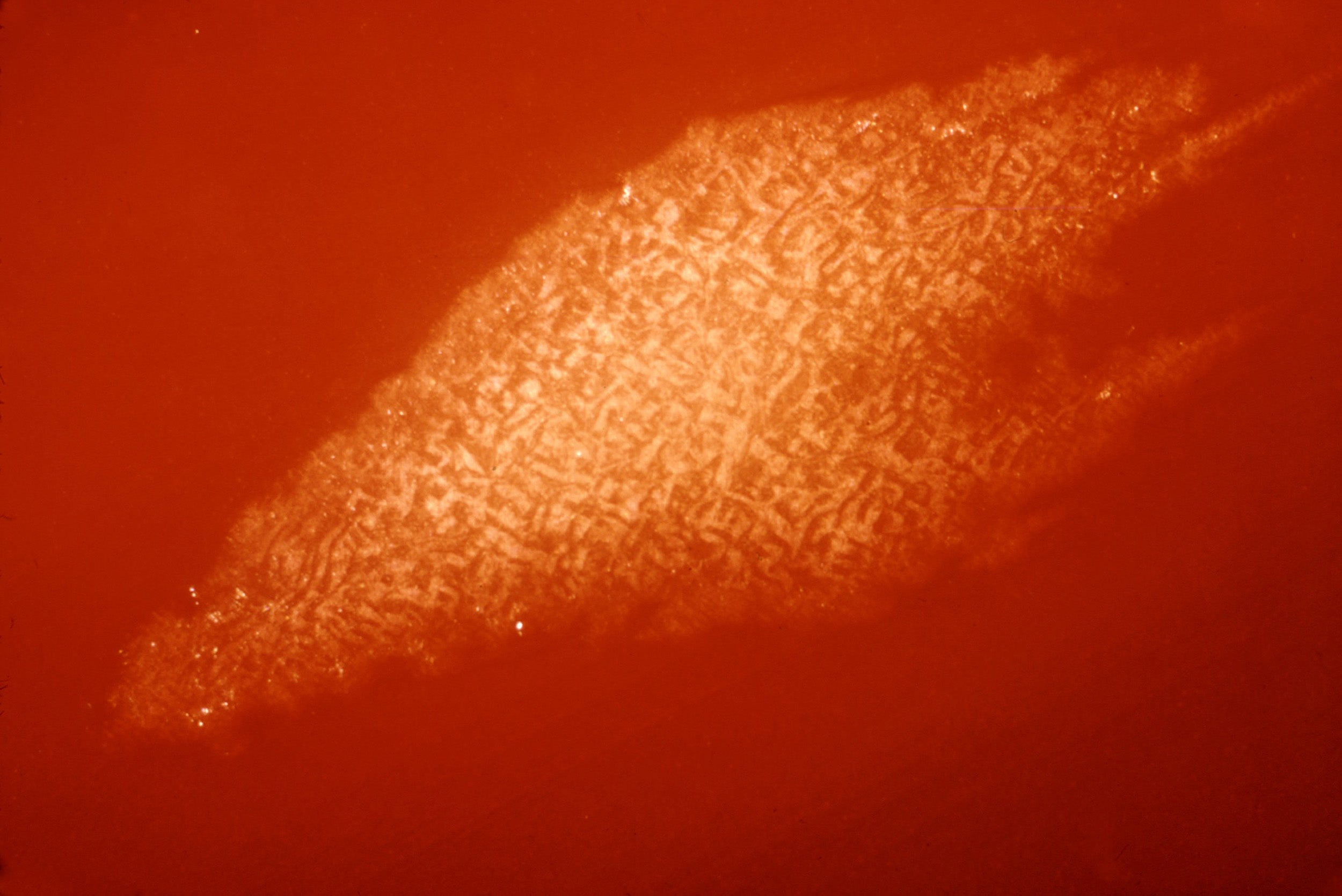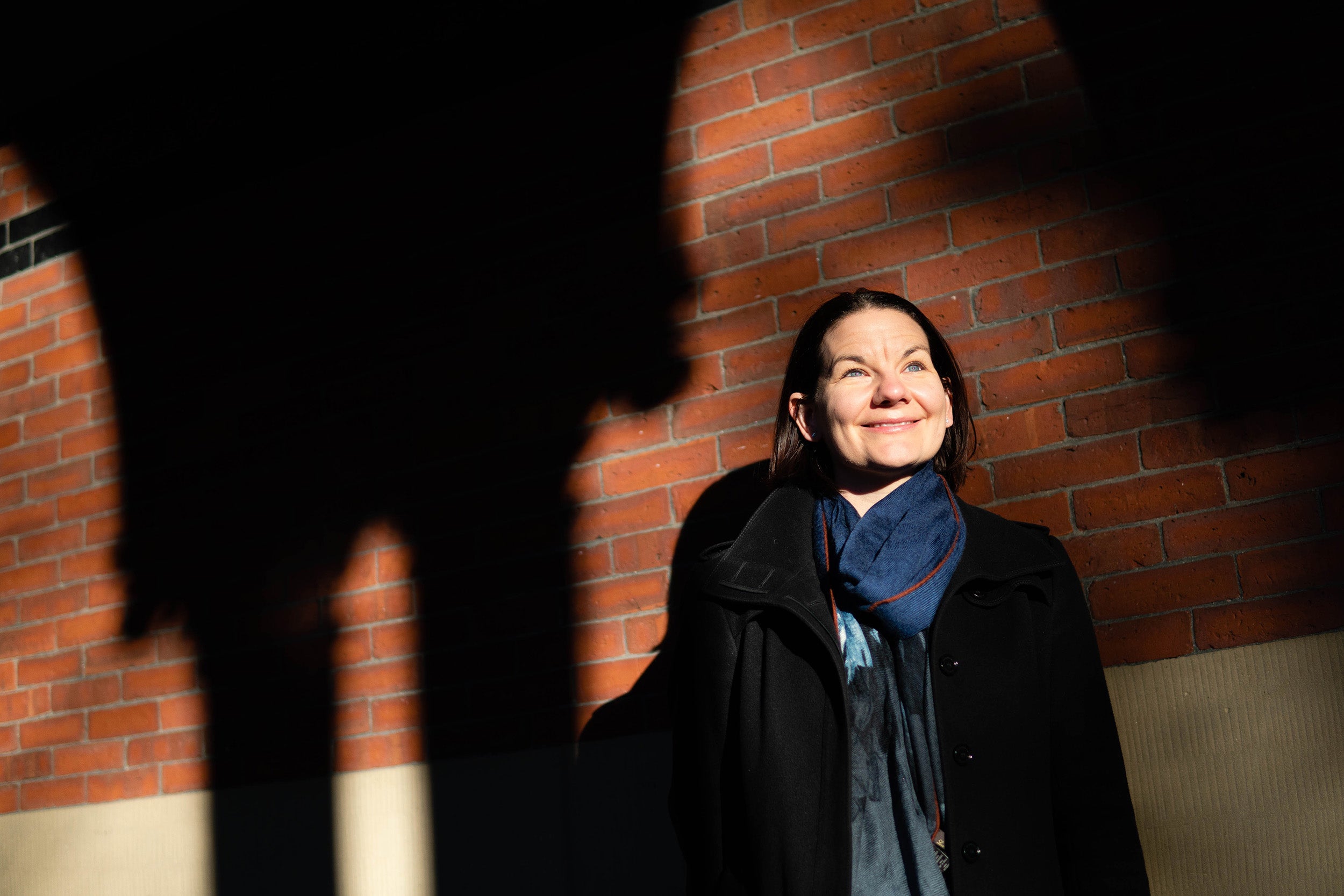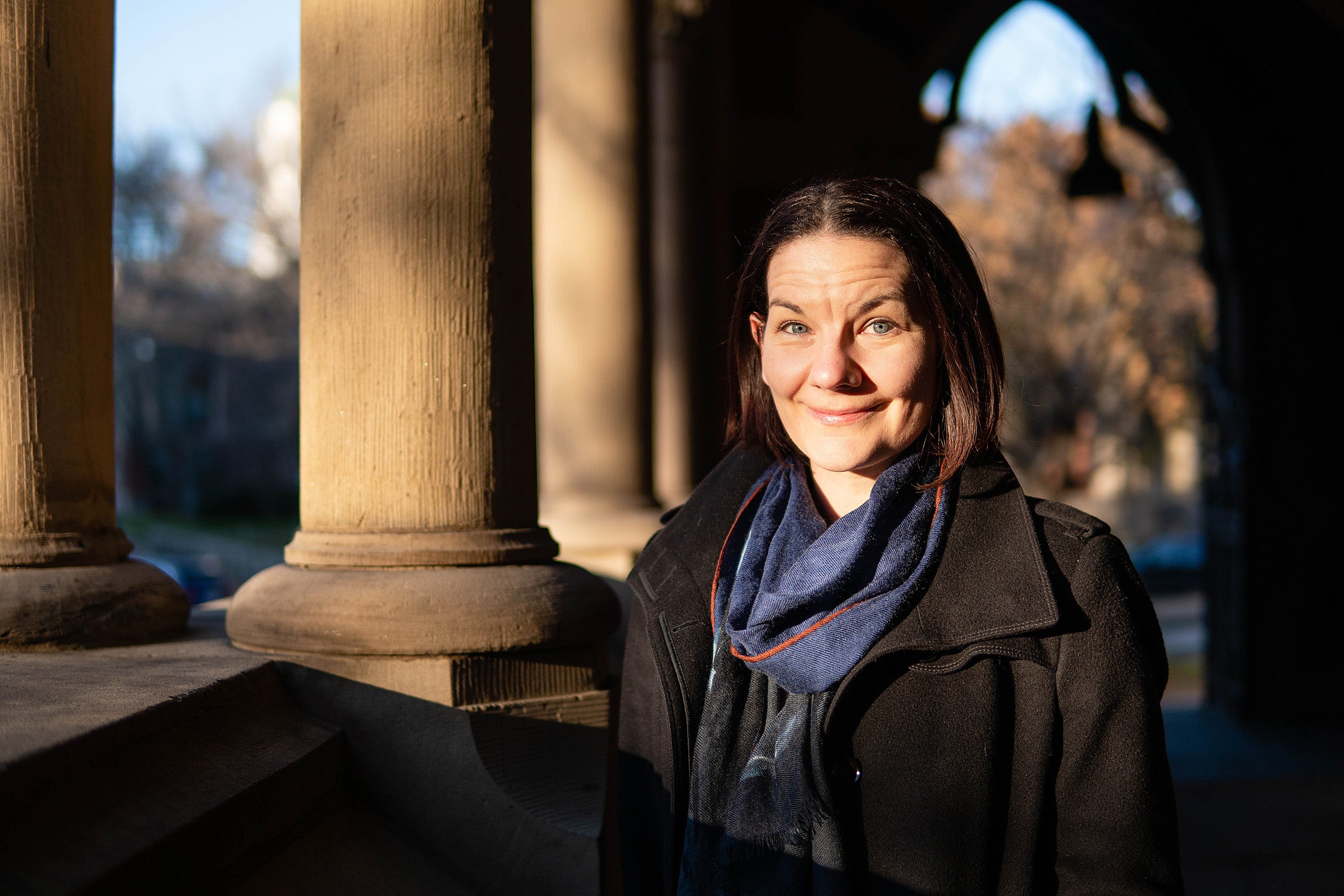New tool developed to study ‘undruggable’ proteins
Researchers at Harvard have designed new, highly selective tools that can add or remove sugars from a protein with no off-target effects, to examine exactly what the sugars are doing and engineer them into new treatments for “undruggable” proteins.
Caitlin McDermott-Murphy •
harvard
April 16, 2021 • ~7 min
April 16, 2021 • ~7 min
Progeria study finds base-editing therapy lengthens lifespan in mice
Several hundred children worldwide live with progeria, a deadly premature aging disease.
Caitlin McDermott-Murphy
• harvard
Jan. 27, 2021 • ~9 min
Jan. 27, 2021 • ~9 min
New class of enzymes could lead to bespoke diets, therapeutics
Professor Emily Balskus and her team have identified an entirely new class of enzymes that degrade chemicals essential for neurological health, but also help digest foods like nuts, berries, and tea, releasing nutrients that may impact human health.
Caitlin McDermott-Murphy
• harvard
Feb. 18, 2020 • ~6 min
Feb. 18, 2020 • ~6 min
How CRISPR technology is advancing
Fewer off-target edits and greater targeting scope bring gene editing technology closer to treating human diseases.
Caitlin McDermott-Murphy
• harvard
Feb. 14, 2020 • ~7 min
Feb. 14, 2020 • ~7 min
/
2

